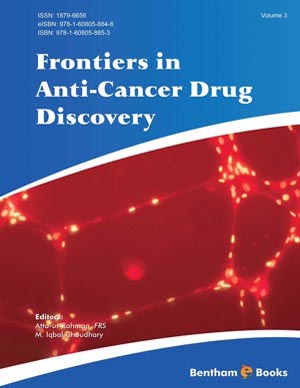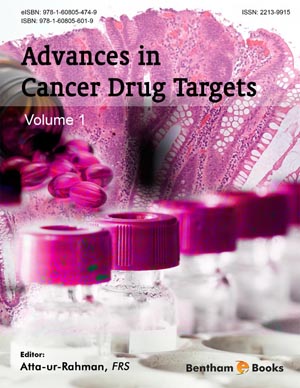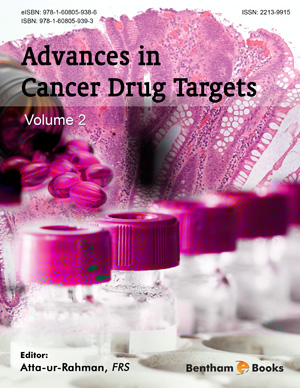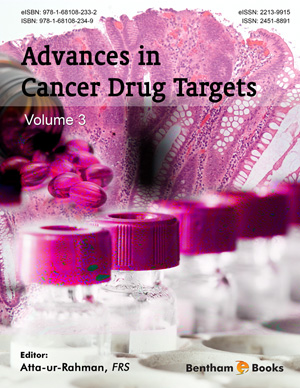Abstract
Cytotoxic drugs are a diverse class of compounds that treat cancer primarily by killing cancerous cells that are rapidly growing and dividing along with cells that are meant for normal tissue function. A novel and suitable delivery system delivers the chemotherapeutic agents to cancerous tissues without harming healthy tissues and also retains these chemotherapeutic agents in the tumor area for a longer period of time that gives a boost to the therapy. Smaller size increases the surface area of the nanoparticles that enhances drug absorption or encapsulation and carries the drug into the blood in a shorter time period. In comparison with already existing delivery systems, nano sized delivery systems can penetrate much deeper into tumor tissue, generally taken up more efficiently by cells and reduce the toxicity of cancerous drug to healthy tissues. However, nanoparticulate systems are being researched throughout the world to increase the drug efficacy and to reduce toxicity. Thus, generally nanoparticulate systems work on passive targeting as well as on active targeting of the drug to the tumors. However, the research is still at a nascent stage and there is a need to understand the role of nano carriers in cancer treatment. This article summarizes various drug delivery technologies for chemotherapeutic agents, which are gaining more attention for better therapeutic response.
Keywords: Active targeting, dendrimers, micelles, nanoparticles, passive targeting, polymeric and solid lipid nanoparticles.






















